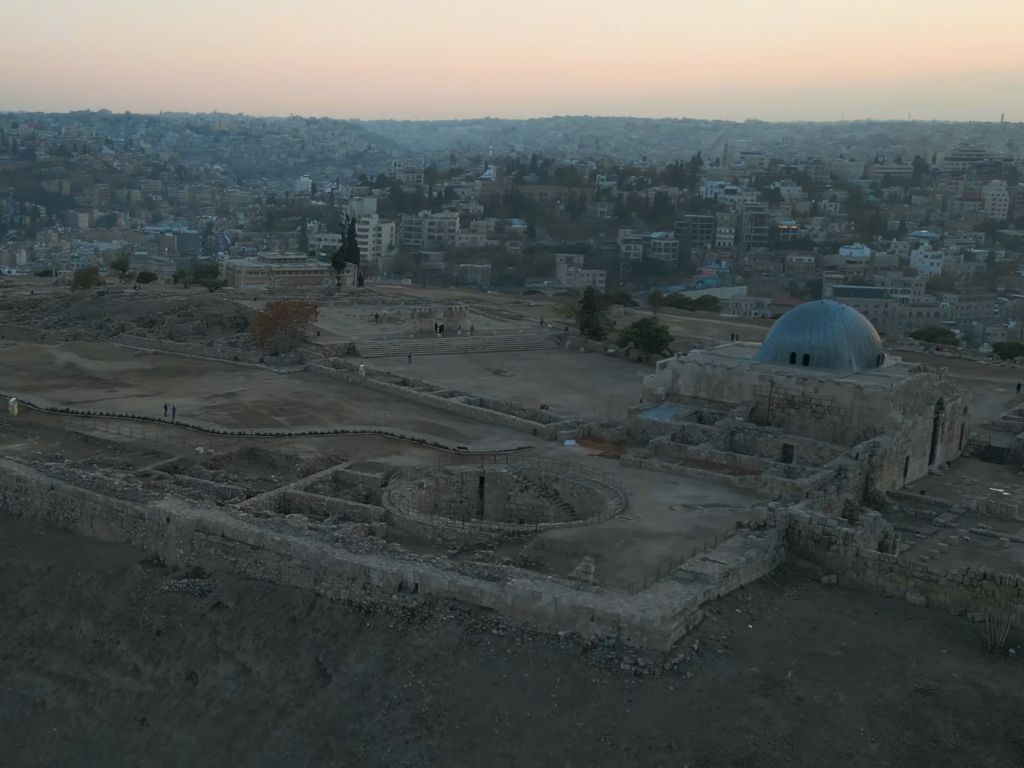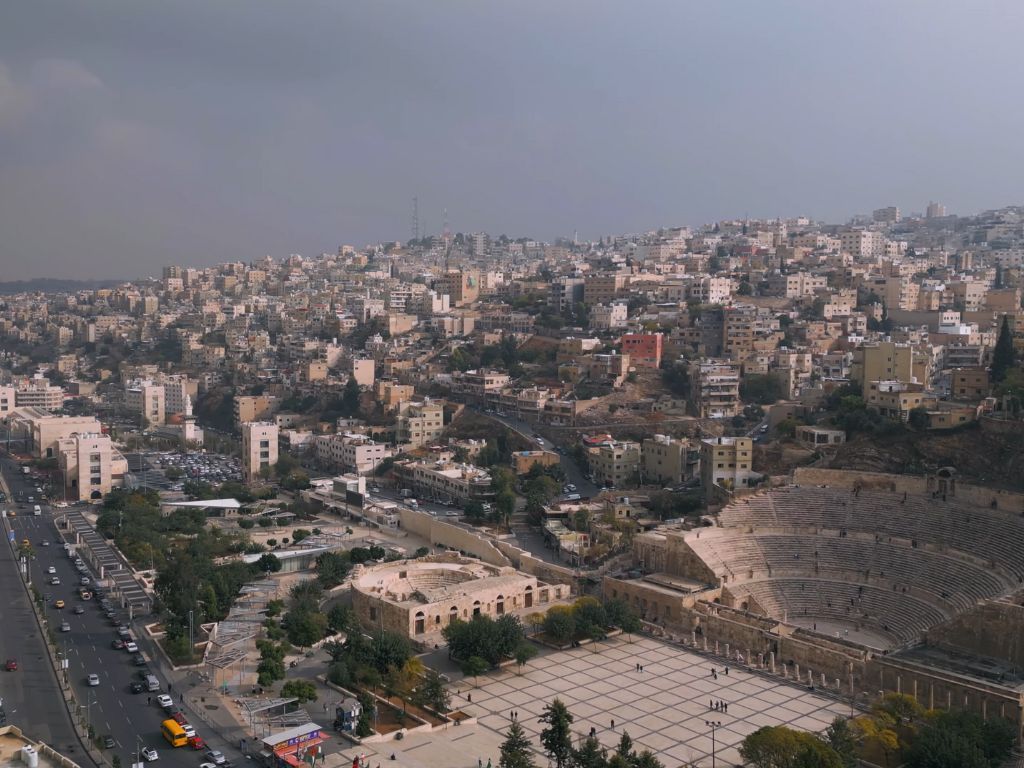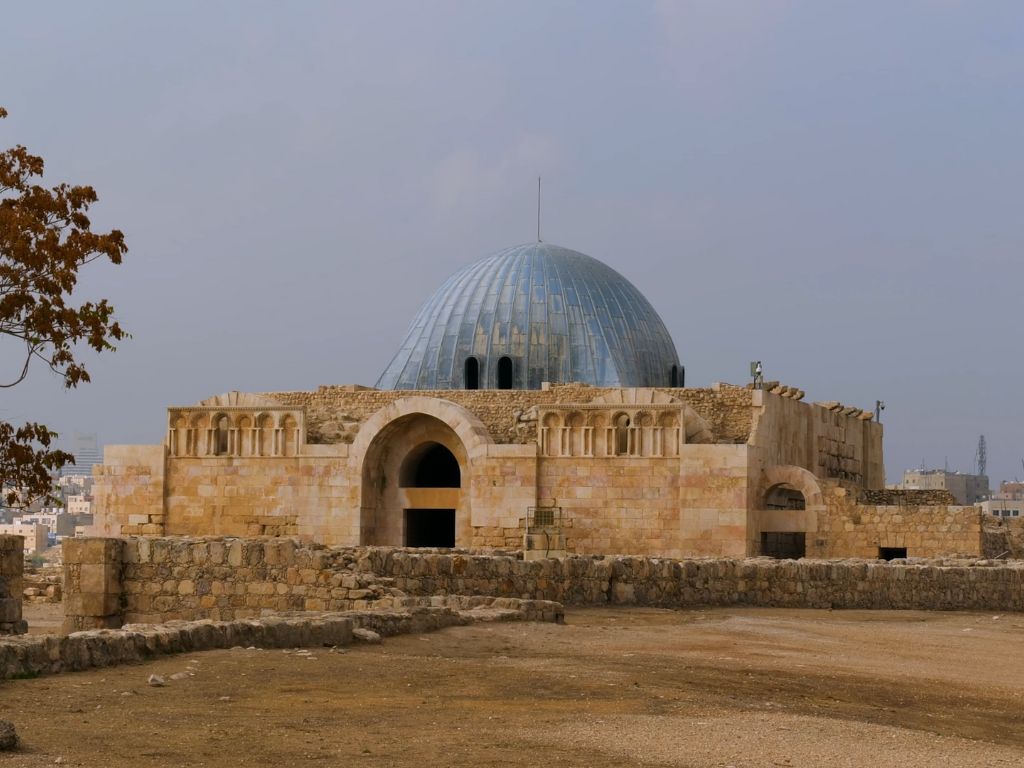According to the U.S. State Department, a staggering 29% of all terrorist incidents worldwide occur in Jordan. This sobering statistic underscores the critical importance of thoroughly researching and understanding the travel advisory levels for this Middle Eastern nation before embarking on a journey there. As a professional copywriting journalist, it is my duty to provide American travelers with the most up-to-date and comprehensive information to ensure their safety and well-being.
As someone who has personally experienced the awe-inspiring beauty and rich cultural heritage of Jordan, I understand the allure of exploring this captivating destination. However, the U.S. government’s Jordan Travel Advisory, which ranges from “Do Not Travel” to “Exercise Increased Caution,” serves as a stark reminder that the security situation in this country is complex and ever-evolving. It is essential for American citizens to heed these warnings and take the necessary precautions to protect themselves from the very real threats of terrorism, crime, and other potential dangers.
Key Takeaways
- The U.S. State Department has issued a range of travel advisory levels for different areas in Jordan, with some regions designated as “Do Not Travel” zones due to the threat of terrorism.
- Travelers to Jordan should be aware of the ongoing security concerns, including terrorism threats, border areas with Syria and Iraq, and Syrian refugee camps, as well as specific cities and regions with elevated risks.
- It is crucial for American citizens to thoroughly research the current travel advisory levels, understand the potential threats, and take appropriate precautions to ensure their safety and well-being while in Jordan.
- The U.S. government’s restrictions on travel to certain areas of Jordan, as well as the potential legal and family-related considerations, should be carefully reviewed by all prospective travelers.
- Staying informed, exercising caution, and following the guidance of the U.S. State Department are essential for a safe and responsible journey to Jordan.

Understanding the Jordan Travel Advisory Levels
The U.S. State Department has issued a range of travel advisories for different areas in Jordan, reflecting the varying levels of risk and security concerns. It’s essential for travelers to thoroughly understand these advisory levels and the corresponding precautions they should take.
Level 4: Do Not Travel Areas
The U.S. State Department has issued a Level 4: Do Not Travel advisory for certain areas in Jordan due to the threat of terrorism and armed conflict. These include the areas within 3.5 km of the Jordanian border with Syria and east of the town of Ruwayshid in the direction of the border with Iraq, as well as the designated Syrian refugee camps in Jordan. The U.S. government personnel are restricted from traveling to these Jordan do not travel areas, and personal travel is not authorized.
Level 3: Reconsider Travel Areas
The U.S. State Department has issued a Level 3: Reconsider Travel advisory for Ma’an City and some areas of Ma’an Governorate in Jordan due to terrorism and crime. U.S. government personnel on official travel to these Jordan high-risk areas must adhere to U.S. Embassy travel restrictions, and personal travel is permitted only during daylight hours, with the exception of direct transit through these areas.
Level 2: Exercise Increased Caution
The U.S. State Department has issued a Level 2: Exercise Increased Caution advisory for the rest of Jordan due to the ongoing threat of terrorism. Travelers are advised to monitor local media, avoid demonstrations and protests, be aware of their surroundings, and stay alert in locations frequented by Westerners. The advisory also recommends obtaining comprehensive medical insurance and enrolling in the Smart Traveler Enrollment Program (STEP) to receive alerts and facilitate emergency assistance.
Jordan Travel Advisory Highlights

The U.S. State Department has expressed serious concerns regarding the terrorism threats and safety challenges facing travelers in Jordan. Terrorist groups continue to plot potential attacks across the country, targeting popular tourist sites, transportation hubs, shopping malls, and government facilities.
Terrorism Threats and Safety Concerns
According to the travel advisory, terrorists may strike with little or no warning, posing a significant risk to visitors in Jordan. Travelers are strongly urged to maintain heightened vigilance and take appropriate precautions to ensure their personal security while in the country.
Border Areas with Syria and Iraq
The U.S. State Department has prohibited all travel to Jordan’s borders with Syria and Iraq due to the persistent threat of cross-border violence, including the danger of terrorist attacks. U.S. government personnel are strictly required to adhere to the U.S. Embassy’s travel restrictions in these high-risk border areas, and personal travel is not authorized.
Syrian Refugee Camps
The U.S. State Department has also prohibited travel to the Syrian refugee camps located within Jordan, citing the Jordanian government’s strict entry restrictions on these facilities. U.S. government personnel on official travel to the designated refugee camps must follow the U.S. Embassy’s guidelines, and personal visits are not permitted.
Travel Advisory for Specific Cities and Regions

The U.S. State Department has issued varying levels of travel advisories for specific cities and regions within Jordan due to concerns over terrorism and crime.
Zarqa, Rusayfah, and Baqa’a Neighborhood of Ayn Basha
The U.S. State Department has issued a Level 4: Do Not Travel advisory for Zarqa, Rusayfah, and the Baqa’a neighborhood of Ayn al-Basha in Jordan. This is due to the elevated risks of terrorism and crime in these areas. U.S. government personnel on official travel to these locations must adhere to U.S. Embassy travel restrictions and may only transit through these cities during daylight hours. Personal travel by U.S. government personnel to these cities is not authorized.
Ma’an City and Ma’an Governorate
The U.S. State Department has issued a Level 3: Reconsider Travel advisory for Ma’an City, all areas of Ma’an Governorate east of Highway 15 (“The Desert Highway”), and all areas of Ma’an Governorate within 2 kilometers to the west of Highway 15. This advisory is due to concerns over terrorism and crime in these regions. U.S. government personnel on official travel to these areas must adhere to U.S. Embassy travel restrictions, and personal travel is permitted only during daylight hours, with the exception of direct transit through these areas.
Jordan Travel Advisory

Criminal Penalties and Legal Considerations
Travelers to Jordan should be aware that they are subject to local laws, and even unintentional violations can lead to expulsion, arrest, or imprisonment. Insulting the King or members of the Royal Family, as well as proselytizing to Muslims, are illegal and may result in prosecution, imprisonment, and deportation. Jordan also has strict drug laws, and possession or use of drugs can lead to lengthy detentions and different criminal procedures.
Arrest Notification and Family Circumstances
U.S. citizens who are arrested or detained in Jordan should request that the U.S. Embassy be notified immediately. The U.S. Embassy has also been aware of cases where U.S. citizens have been subject to domestic violence, abandonment by their spouses, and restrictions on movement through travel holds. Women and children should be particularly cautious and report any warning signs to the Family Protection Department, as U.S. laws cannot protect citizens outside of the United States.
Travel Holds and Dual Citizenship
Under Jordanian law, any adult male can prevent his minor children from leaving Jordan by registering a travel hold with the authorities. Adult male relatives can also petition Jordanian courts for a travel hold on their unmarried adult female relatives. Jordanian authorities consider these disputes as private family matters, and the U.S. Embassy has limited ability to intervene. Additionally, U.S. citizens who also hold Jordanian citizenship may be subject to military service obligations, and may need to obtain exit permission from Jordanian authorities.
Customs and Unmanned Aerial Systems (Drones)
Jordanian customs authorities enforce strict regulations on the temporary importation or export of items such as drugs, firearms, chemicals, explosives, communications equipment, drones, and antiquities. Travelers should contact the Jordanian Embassy or consulates in the United States for specific information on customs requirements. The use of drones for personal purposes is illegal in Jordan, and individuals seeking to bring a drone into the country must obtain pre-authorization and approval from the authorities.
Faith-Based Travelers and LGBTI Travelers
Islam is the state religion of Jordan, and the government generally does not interfere in religious practices. However, activities such as proselytizing or encouraging conversion to any faith other than Islam are prohibited. U.S. citizens have been detained, arrested, denied re-entry, or deported for discussing or engaging in such activities. For LGBTI travelers, there are no legal restrictions on same-sex sexual relations or the organization of LGBTI events, but laws against adultery or breaches of modesty may be used against them. Public displays of affection, especially between individuals of the same sex, are not considered culturally acceptable and may result in harassment or violence.
Travelers with Disabilities and Women Travelers
Individuals with disabilities may find accessibility and accommodation in Jordan very different from the United States, with limited accessible accommodations, transportation, and facilities. Women visiting and residing in Jordan have reported incidents of sexual harassment, stalking, indecent exposure, and assault, particularly when traveling to unfamiliar areas at night, traveling alone, or riding in taxis. Women are advised to take precautions such as dressing modestly, avoiding travel to unfamiliar areas at night, and reporting any incidents to the Family Protection Department.
Conclusion
In conclusion, the U.S. State Department has issued a range of travel advisories for Jordan, from “Do Not Travel” to “Exercise Increased Caution,” depending on the specific location and the associated risks. Travelers to Jordan should carefully review the advisory levels, understand the potential threats, and take appropriate precautions to ensure their safety and well-being.
It is crucial for U.S. citizens to be aware of local laws, customs, and potential legal and family-related considerations when visiting Jordan. Violations of local laws, even unintentional ones, can lead to serious consequences, including expulsion, arrest, or imprisonment. Travelers should also be mindful of restrictions on activities such as proselytizing, the use of drones, and public displays of affection, particularly for LGBTI individuals.
Overall, the U.S. State Department’s Jordan Travel Advisory provides valuable information to help U.S. travelers make informed decisions and stay safe while exploring the country. By familiarizing themselves with the advisory levels, understanding the risks, and taking the necessary precautions, U.S. citizens can have a more secure and enjoyable experience in Jordan.
FAQ
What are the key points of the Jordan Travel Advisory issued by the U.S. State Department?
The U.S. State Department has issued a range of travel advisories for Jordan, including “Do Not Travel” for certain areas, “Reconsider Travel” for others, and “Exercise Increased Caution” for the rest of the country. The main highlights include the threat of terrorism, border areas with Syria and Iraq, and Syrian refugee camps as high-risk areas.
Which areas in Jordan have a “Do Not Travel” advisory?
The U.S. State Department has issued a Level 4: Do Not Travel advisory for certain areas in Jordan, including within 3.5 km of the Jordanian border with Syria and east of the town of Ruwayshid in the direction of the border with Iraq, as well as the designated Syrian refugee camps in Jordan.
Which areas in Jordan have a “Reconsider Travel” advisory?
The U.S. State Department has issued a Level 3: Reconsider Travel advisory for Ma’an City and some areas of Ma’an Governorate in Jordan due to terrorism and crime. The advisory also covers Zarqa, Rusayfah, and the Baqa’a neighborhood of Ayn Basha in Jordan.
What are the main safety concerns for travelers to Jordan?
The U.S. State Department has warned that terrorist groups continue to plot possible attacks in Jordan, and that travelers should be vigilant and take appropriate precautions. The advisory also highlights concerns about crime, border areas with Syria and Iraq, and Syrian refugee camps.
What should U.S. citizens be aware of when traveling to Jordan?
Travelers to Jordan should be aware of local laws, customs, and potential legal and family-related considerations. This includes restrictions on proselytizing, restrictions on movement through travel holds, and military service obligations for dual Jordanian citizens. Travelers should also be aware of customs regulations and the prohibition on personal use of drones.
What additional precautions should travelers with specific needs take when visiting Jordan?
Individuals with disabilities may find accessibility and accommodation in Jordan very different from the United States, with limited accessible accommodations, transportation, and facilities. Women visiting and residing in Jordan have reported incidents of sexual harassment, stalking, indecent exposure, and assault, and are advised to take precautions such as dressing modestly and avoiding travel to unfamiliar areas at night.
Source Links
- https://travel.state.gov/content/travel/en/traveladvisories/traveladvisories.html/
- https://travel.state.gov/content/travel/en/traveladvisories/traveladvisories/jordan-travel-advisory.html
- https://travel.state.gov/content/travel/en/international-travel/International-Travel-Country-Information-Pages/Jordan.html

